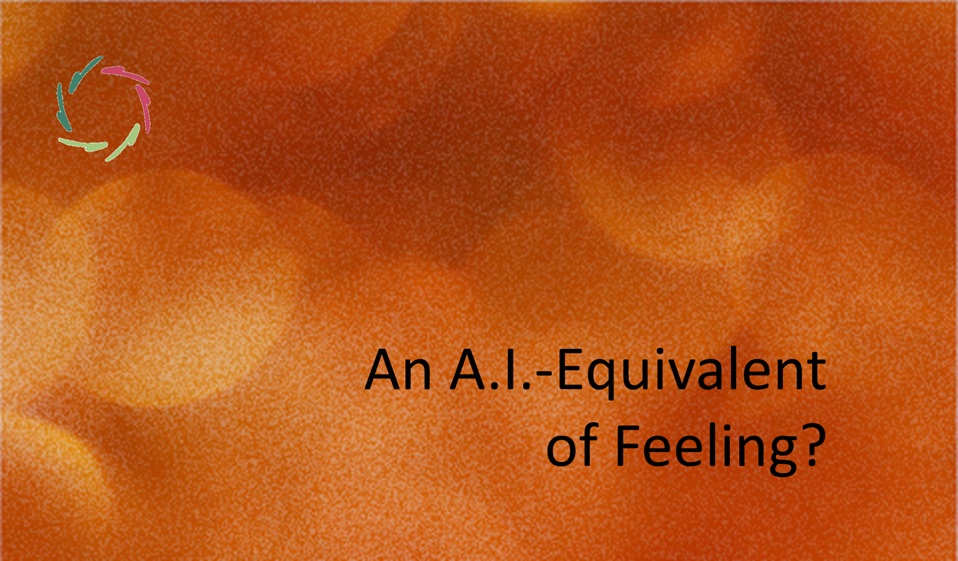Conceptual Landscapes

A conceptual landscape is a diagram containing a set of concepts ― principally unrelated to terms. This diminishes terminological bickering and heightens clear thinking at the conceptual level.
A few examples on blog:
[see: “Landscape of Empathy“]
[see: “Triangle of Therapy“]
[see: “Triangle of Religion“]
Terms
Of course, terms are used to denote the concepts.
However, it is made clear within the above conceptual landscape that the concrete terms are unimportant. Different people may use different terms.
Terminological fights happen frequently.
People can fight over concepts sheer indefinitely while they are just using different terms. If you give some attention to the phenomenon, you may soon encounter some stark examples.
So much effort wasted for nothing. So many opportunities not taken. So much suffering that can be easily avoided.
Also in questioning
The problem also lies in the way questions are posed. For instance, “What is empathy?” “What is Compassion?” Or even more challenging: using the terms in other questions or assertions without proper clarification. “The case against empathy.” “Is Compassion OK?”
And the most basic, at the same time most challenging questions of all: “Who am I?” Of course, who is asking? The ‘I’ can be something from mere-ego to total self. The ensuing problem leads to the Paradox Principle. [see: “The Paradox Principle“]
Not to speak of any questions like “Am I important for you?”
Landscapes in the brain
More fuzzily than diagrammatically, conceptual landscapes may also be part of how the brain-mind works at the meaning level. Different terms are used concerning this: schemes, scripts, models…
Such a landscape is one of straightforward associations. Much of this can be developed culturally as well as individually.
Relevance to expertise
An expert in some field may build a conceptual landscape in which he can efficiently roam about. Having developed a suitable landscape is part of his expertise. Notoriously – and a crucial cause of the failure of expert systems – an expert is frequently not consciously aware of most of the landscape he uses. At the surface, one speaks in this of ‘expert intuition.’ Also, different experts may internally work with different landscapes, sometimes making their communications more difficult.
A genius may be the expert who is very good at building a conceptual landscape that optimally lends itself to understanding problems in reality and coming to solutions, including some truly original ones.
Thinking of Einstein? Hm, yes.
Communication with non-experts
An expert may think his landscape is an obvious choice. When teaching students, the mismatch between the teacher’s landscape and a student’s still pristine one may engender unneeded difficulties if the teacher doesn’t take this into account.
This happens frequently enough. In many cases, it’s better to let the student build his landscape ― with expert guidance and support but still his own landscape. This is efficient and motivating.
The same with coach and coachee
A crucial part of expert coaching lies in understanding the difference and supporting the coachee in changing his landscape, making it more beautiful, open, healthy, and effective.
As a coach, one can explore diverse landscapes and find much joy in this continual exploration.
One can rightfully see in this the basis of wisdom.


